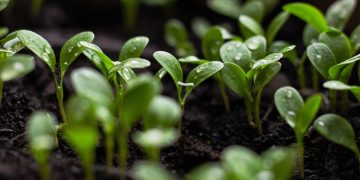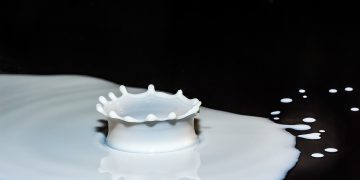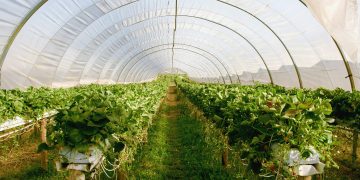High yields are expected in the southern and eastern parts of the country. Despite the Russian war against Ukraine, total winter crops area follows the 5-year average; however, with a substantial increase of the rapeseed acreage at the expense of soft wheat. A record high rapeseed production is expected.
After a mild winter, winter crops restarted their vegetative growth under favourable conditions and the increased temperatures in March boosted their development. The wet conditions of April and the absence of thermal stress in May permitted a positive yield outlook for winter crops.

Although field abandonment is observed in several parts of the country, remote sensing analysis suggests that the total acreage of winter crops is higher than in 2022, and is close to the 5-year average in government-controlled and non-controlled areas. However, the share of rapeseed has significantly increased in the government-controlled areas, at the expense of soft wheat.
The JRC MARS yield forecasts for winter crops is currently well above the 5-year average. In terms of production, this translates into a forecast of 28.3 Mt of wheat, 3.7 Mt of winter barley and 5.5 Mt of rapeseed, of which 21 Mt of wheat, 2.9 Mt of winter barley and 5 Mt of rapeseed are in the government-controlled areas.
Further information
JRC MARS (Monitoring Agricultural Resources) Bulletins
The latest information about global agricultural production hotspots for countries at risk of food insecurity is available on the JRC’s ASAP (Anomaly hot Spots of Agricultural Production).
O artigo foi publicado originalmente em JRC.

















































